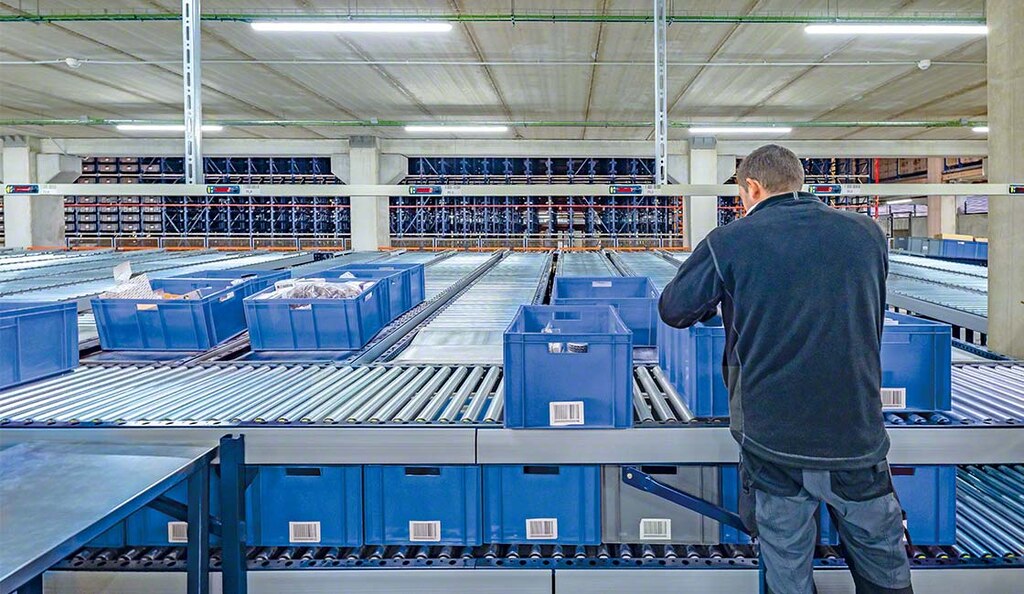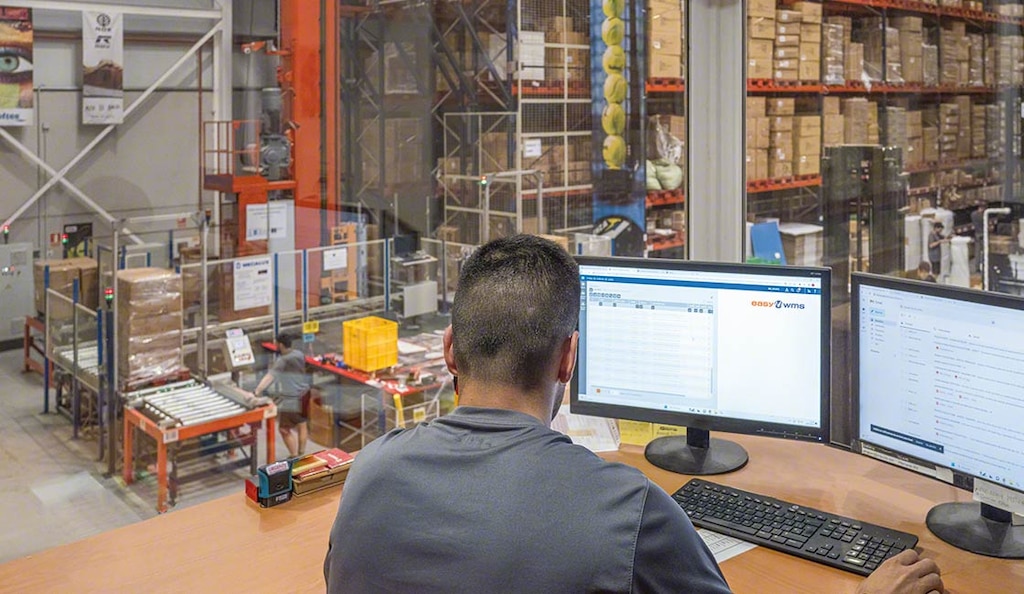
Inventory management and the benefits of software
Inventory refers to the list of a company’s goods. It consists of the set of items or materials that businesses expect to sell to their customers in exchange for financial gain. Therefore, inventory control should be as efficient and orderly as possible.
What is inventory management?
Inventory management is the system that enables organisations to oversee their stock. It’s used to identify available products, detect shortages, determine SKU turnover rates and make informed decisions regarding proper storage. Employing inventory management software enables goods to be tracked from their production to their subsequent storage and distribution.
Objectives of inventory management
The purpose of implementing an inventory management system is to ensure that warehouse managers and operators can locate a specific product as quickly as possible. Maintaining order will help you respond to customers in a shorter time frame while streamlining order fulfilment and shipping.
Benefiting from explicit, up-to-date visibility of stock can make the difference between the success and failure of a company. Equipping yourself with real-time information on inventory levels and the condition of your products will bring the following advantages:
- Improved user satisfaction. Managing inventory properly is the best way to expedite order picking. Consumers highly value prompt deliveries, along with receiving their products in impeccable condition.
- More efficient planning. Having detailed information on your available stock results in more accurate supply-chain procurement.
- Precision in purchase orders and customer requests. Preventing poorly filled orders does away with returns and the potential loss of customers.
- Reduced expenses. Sound inventory management minimises costs arising from reverse logistics, stockouts and order delivery delays.

Inventory management process
Inventory management can be done manually, either on paper or via an Excel sheet. Alternatively, you can automate it with software that stores all information relating to your business’s products.
Digitalising inventory organisation offers logistics operations several advantages. For example, an inventory management program can send operators instructions on their scanners, guiding them to the exact location of each product. Conversely, processing large amounts of information manually raises the likelihood of error in order fulfilment, which could tarnish a company’s reputation.
Regardless of whether you choose to perform the process manually or digitally, inventory management follows a set of basic steps:
- Inventory procurement. This involves purchasing products, either in their final ready-for-sale state or as raw materials to be used in a manufacturing process.
- Storage. Goods are kept until needed on the production lines or until they’re consolidated and packaged as part of an order. In businesses with high demand, such as ecommerce companies, items may spend minimal time in the warehouse.
- Inventory profitability. After completing their stay in your facility, the finished products are distributed to customers. This is the moment your inventory is monetised.
Inventory management software
A warehouse management system (WMS) like Easy WMS is ideal for supervising logistics facilities. This goes for centres operated manually, with radiofrequency devices or with automated storage and retrieval systems (AS/RS). This digital solution monitors inventory management in real time, speeding up decision-making and key processes such as picking. It reduces handling operations and boosts storage capacity by organising warehouse space.
Easy WMS can be complemented with other functionalities as per your requirements:
- WMS for Manufacturing. Ensuring the continuous supply of materials to production lines allows for uninterrupted manufacturing. This program supplies data on raw material consumption and finished/semi-finished goods, facilitating product traceability.
- Slotting for WMS. The system calculates the ideal location for each SKU automatically based on rules and criteria set in advance by the logistics manager.
- Supply chain analytics capabilities. In addition to collecting data on warehouse operations, you have to interpret them. This Easy WMS feature applies big data techniques to activities taking place in your facility, identifying inefficiencies and opportunities for improvement.

Driving logistics with an inventory management system
Order, planning and savings are among the greatest advantages of inventory management. Maintaining control over your stock and mitigating product obsolescence empowers you to devise effective sales strategies. Optimal use of financial resources — coupled with less time spent on searching for merchandise — increases productivity. Likewise, sensible material provisioning is crucial for successfully meeting market demand.
Are you looking to take your inventory management to the next level? Get in touch. At Interlake Mecalux, we have a proven track record of implementing digital solutions in companies across all sectors, optimising their logistics processes. We’ll show you how our Easy WMS software can benefit your business.
